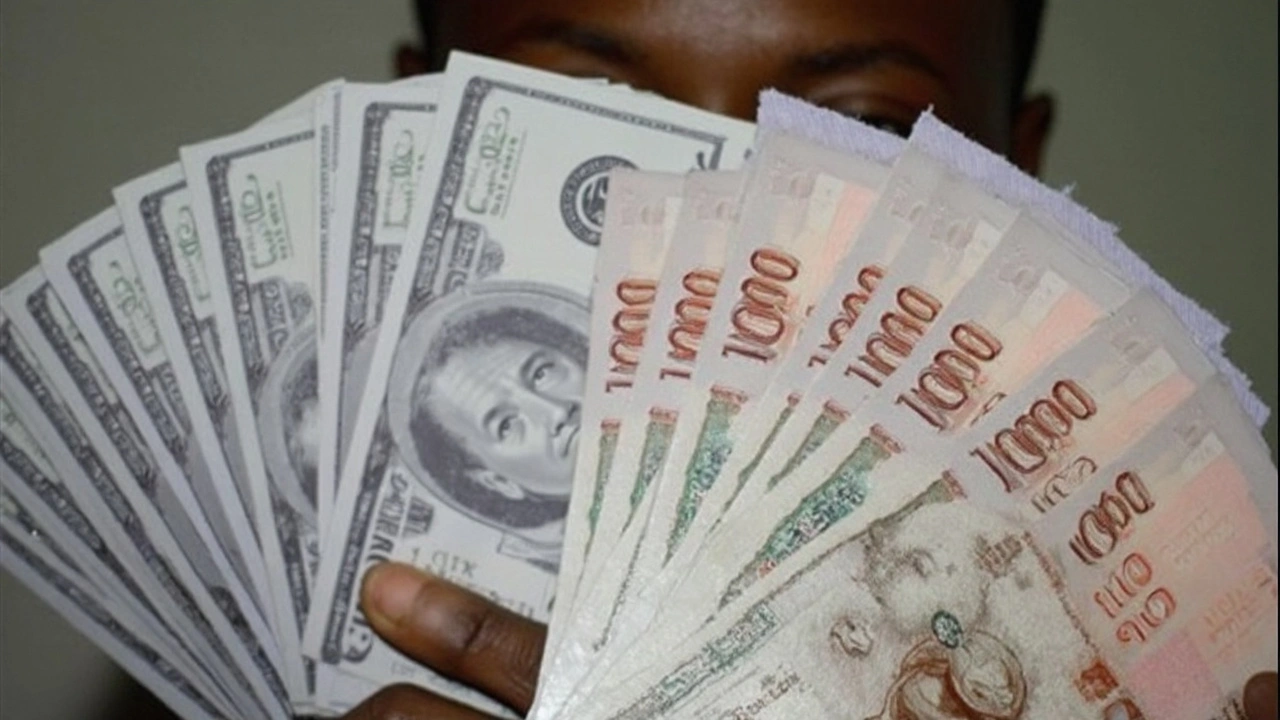Nigeria Central Bank: What You Need to Know Today
If you’re curious about how the Nigeria Central Bank (CBN) affects your money and the economy, you’re in the right place. The CBN plays a crucial role in shaping Nigeria’s financial landscape, from controlling inflation to regulating banks. Knowing what the central bank does can help you understand news that impacts your wallet and the nation's financial health.
Recently, the CBN’s actions have been in the spotlight due to changes in policies that influence lending rates, currency stability, and how businesses operate. For example, discussions around mobile service challenges in Nigeria have also caught the attention of regulatory bodies like the Nigerian Communications Commission (NCC), which works alongside the financial sector indirectly impacting consumer finance.
How CBN’s Policies Affect Your Daily Life
If you wonder why prices go up or loans become harder to get, the CBN’s interest rate decisions might be the reason. When the bank adjusts rates, it’s trying to keep inflation in check while encouraging investment. But these changes can also mean your savings yield more or less interest, and your borrowing costs can fluctuate.
Another area to watch is how the CBN interacts with financial fraud and crime prevention. The bank frequently partners with government agencies to help seize illegal funds and protect the financial system—efforts that directly impact the safety of your money and the economy's stability.
Updates and News: What’s Happening Now?
Like any central bank, the CBN has its share of challenges and wins. Recently, there have been concerns about service disruptions and how some sectors of the economy respond to regulatory moves. Keeping an eye on these updates helps you stay informed on how your business or personal finances might be affected.
Also, watching for leadership changes or official announcements from the bank can hint at important policy shifts. For instance, new appointments or shifts in economic strategy often signal fresh directions that could shape the Nigerian economy’s near future.
Curious about how these moves impact you directly? Whether you’re a business owner, a saver, or someone who just wants to understand more about Nigeria’s money matters, following the CBN closely gives you a clearer picture of what’s coming up.
Nigeria Central Bank Holds Rates as FX Gap Narrows and Inflation Eases in 2025
Nigeria’s Central Bank has kept its main rate at 27.5%, citing nearly equal official and parallel FX rates, cooling food inflation, and rising reserves. Governor Olayemi Cardoso credits recent reforms for stronger market confidence but signals careful monitoring ahead.

